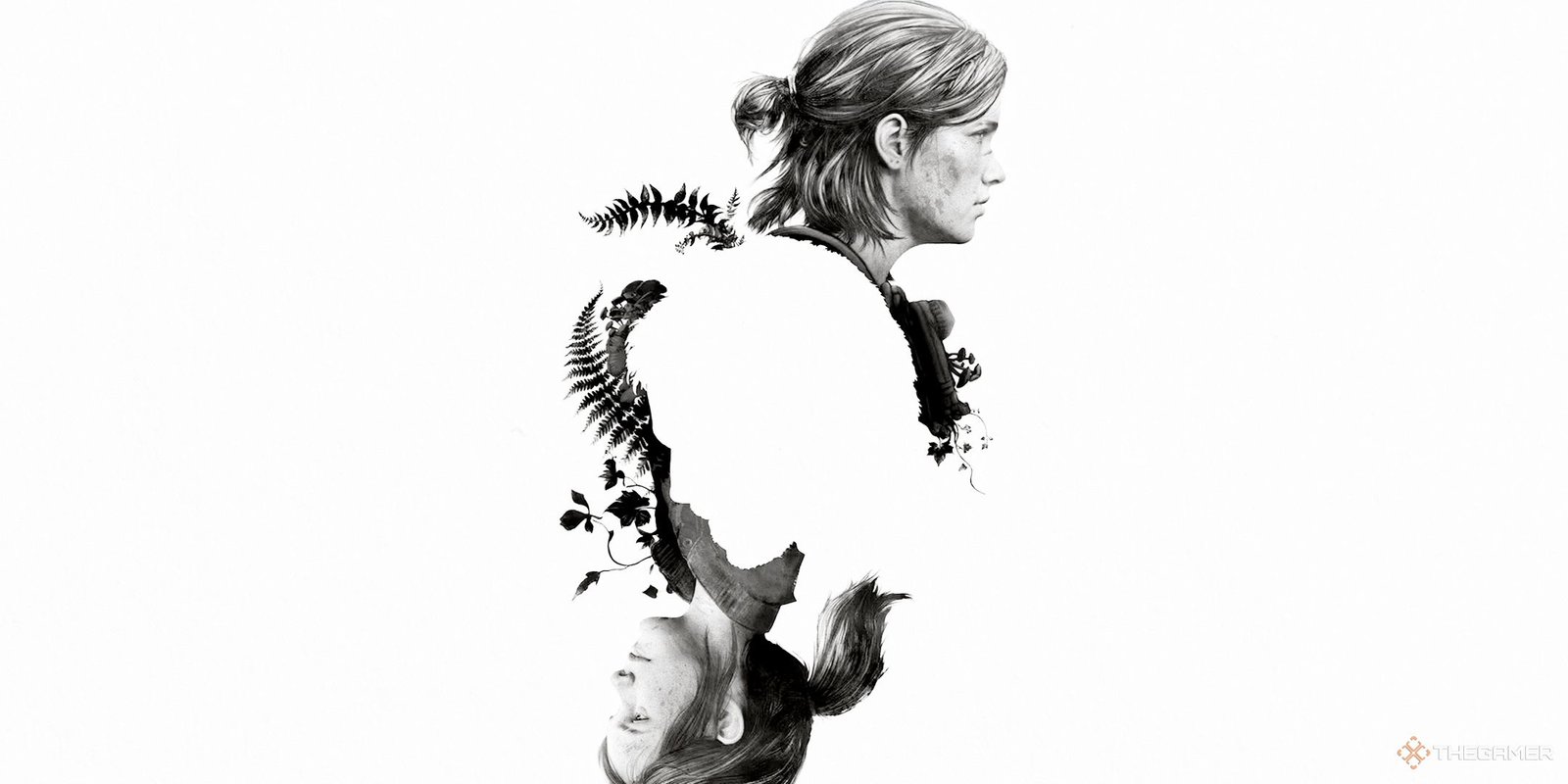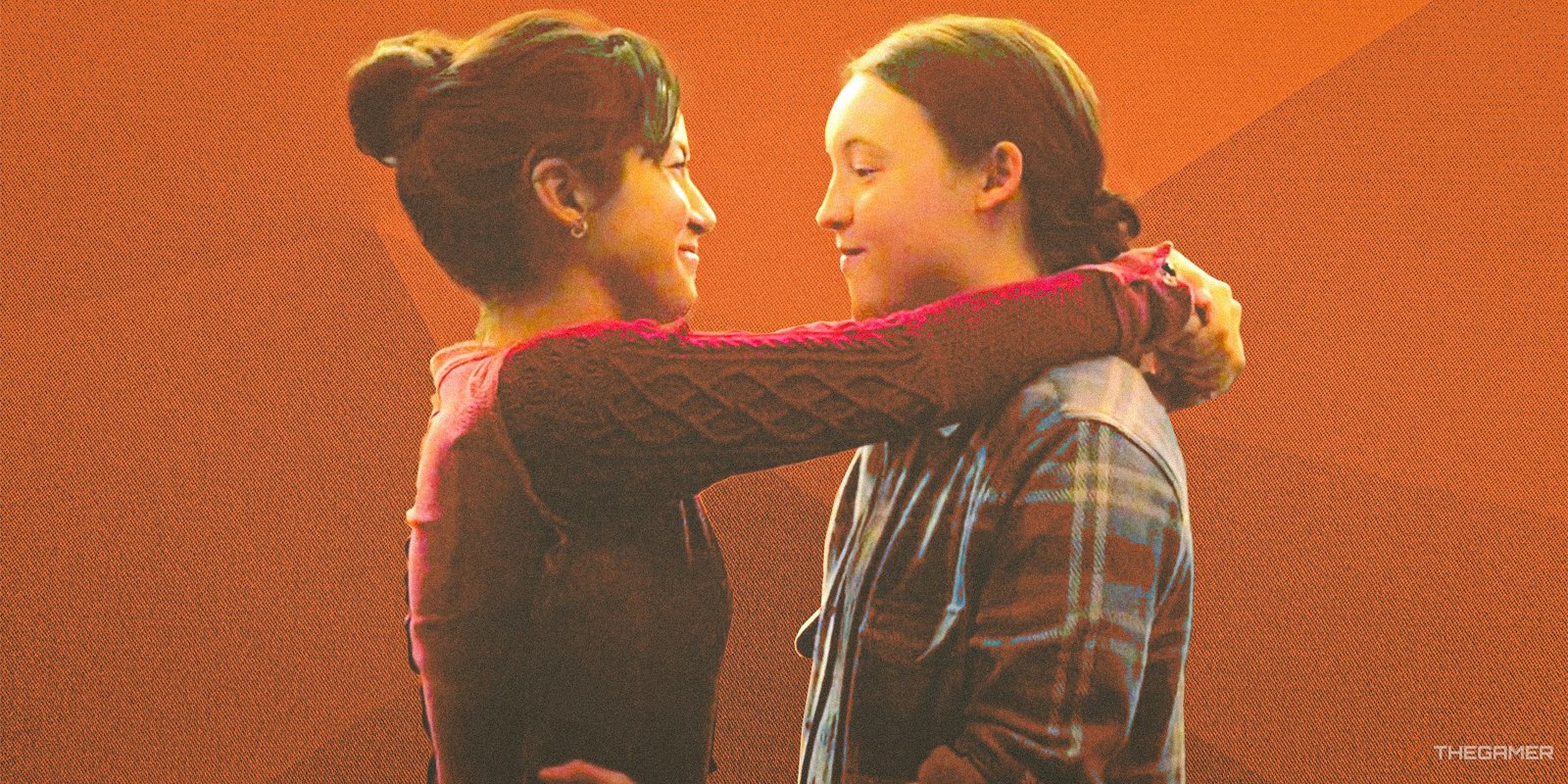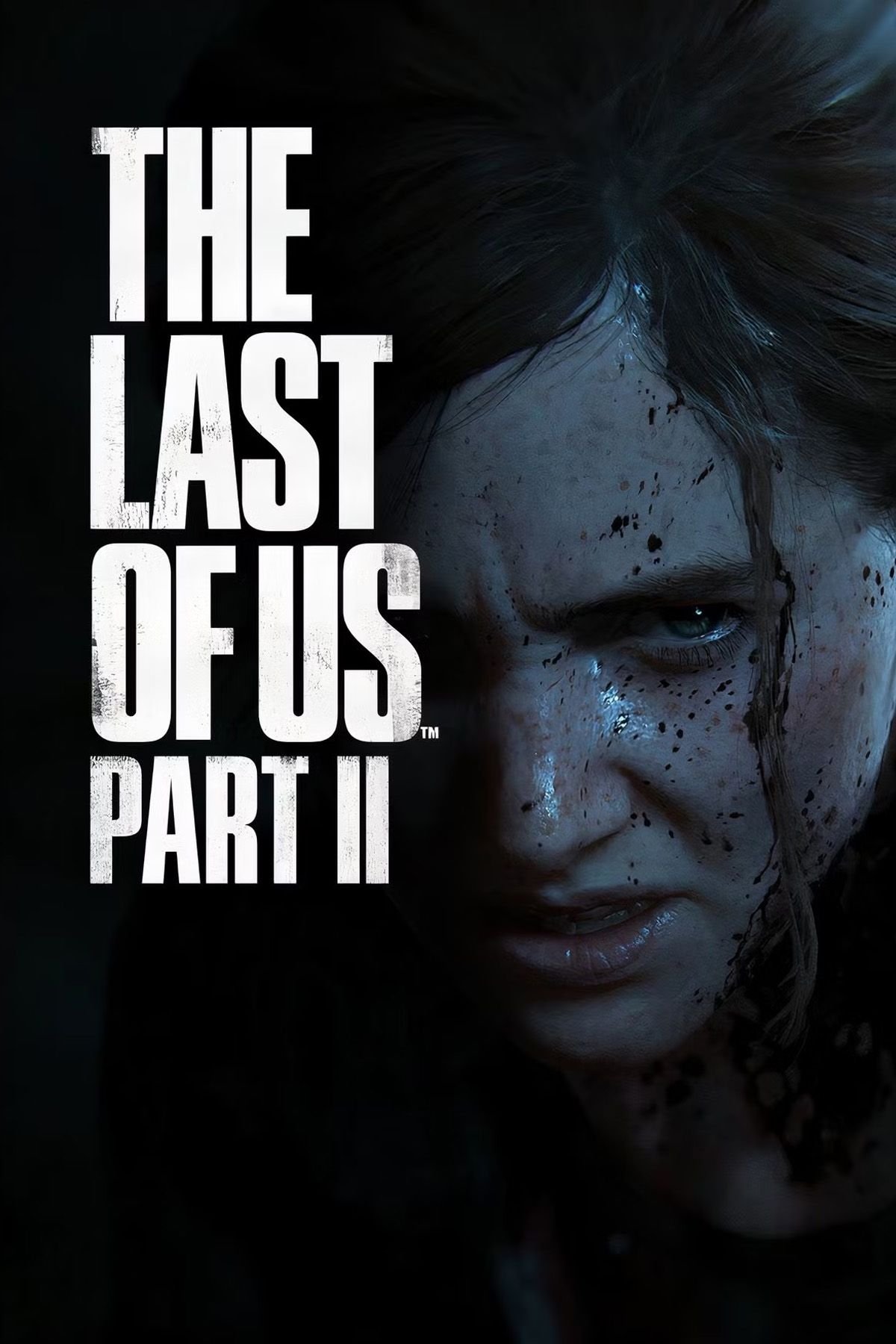The Last of Us Part 2 turns five years old today, and it feels like that should be a typo. Like it should say fifteen, or maybe even fifty. This has been a long five years, and that hasn’t helped things. Globally, we’ve had a deadly pandemic and several devastating wars. Personally, I’ve moved house and gotten married. The world, and I, are different things than they were when The Last of Us Part 2 first launched. But also, man this has been a long five years for The Last of Us specifically.
The Last of Us Part 2 came out just one month before Ghost of Tsushima, and the pair have had very different trajectories. With Tsushima, the feeling is a bit more ‘oh, has it been five years already?’. We’ve had some development since then – the sequel, Ghost of Yotei is due out this year, a movie has been greenlit, and it received two expansions in the form of Iki Island and Legends, plus a Director’s Cut and a PC port.
Those are all pretty normal things to happen in five years, but The Last of Us Part 2 has not had a typical journey to its wooden anniversary. It’s because of this road less travelled that has made all the difference, with the Naughty Dog sequel going from one of the greatest video game experiences of all time to one that often feels tiresome to even engage with.
The TV Show Reminded Me How Much Better The Last Of Us Part 2 Really Is
Let’s start in the present and work backwards. The most recent entry into the five year headline hot streak keeping The Last of Us incessantly in the news is the TV show, which aired its second season (comprised of the first half of the second game) earlier this year. I liked the first season of the show and felt it had potential to grow. I think the second season of the show still has potential to grow. I’m less bullish on the liking part this time around.
My fear for the second season started with the casting. Kaitlyn Dever was cast as Abby, despite being far more diminutive than the famously muscular Joel killer, stripping her of not just an important visual feature, but a key narrative arc. Likewise, Isabela Merced joining as Dina made it seem likely (as was indeed the case) that Dina’s Jewishness would be erased, cutting a key connection to the old world, as well as removing an important rumination on the weight of trauma and hope that the scene at the synagogue gave us.

Related
The Last Of Us Complete Collection Is, In Fact, Complete
Stop crying about The Last Of Us Part 3. We don’t need it.
In the end, we didn’t see enough of Abby to judge, but away from Dever’s performance, I felt her explaining her explicit motivations was a mistake that dumbed down the story. Conversely, I thought Merced had maybe the best performance of the season, but too many changes to Dina’s nature and narrative (mangling her queer identity, having her push Ellie into action) made her a less compelling character overall. To that end, Ellie was made more likeable and less beset by grief-stricken rage, which meant rearranging the behaviour of all the other characters, mostly for the worse.
Put simply, I didn’t like the second season of The Last of Us. And frustratingly, what it most served to remind me was how much I do love the game – how clever its storytelling is, how painfully believable its characters are, how committed it is to its nihilistic worldview that we are all capable of violent self-destruction. It’s a brave game, in a lot of ways, and not a very brave television show. But that’s just the latest in a long line of churning spins that have curdled The Last of Us Part 2 in my mind.
Untangling The Last Of Us’ Complex Politics
There’s also the fact it feels like the game has never gone away. In the past five years, The Last of Us Part 2 – hailed as one of the finest technical achievements in gaming at launch, mind you – has already been remastered. So too has the original game, which as a 2013 title may well have been due an upgrade (if you subscribe to the idea that older games must be incessantly polished, which I don’t), apart from the fact that was the second time in a decade The Last of Us was put through the spin cycle.
This remaster also promised the world with improvements to NPC behaviour that would transform the experience. Though never directly claimed by Naughty Dog, the buzz around the game was that it would be ‘The Last of Us Part 1 with The Last of Us Part 2’s gameplay’. It turned out to be The Last of Us Part 1 with The Last of Us Part 1’s gameplay, but a little prettier.
A highly broken PC port also kept the game’s re-releases in the headlines like a fly that simply cannot find an open window.
Then, to go back to my earlier point about these last five years being soaked in the oil and blood of warfare, there is perhaps the most contentious part of The Last of Us’ public identity: its indelible connection to Israel. Creator Neil Druckmann, himself raised in Israel, has commented on how the conflict he saw and hatred he felt growing up fuelled the themes in the game – comments that have come back into the spotlight within the current geopolitical climate.
Uncomfortable connections have been drawn between the genocide in Palestine and the way in which the WLF and the ‘Scars’ are depicted, souring many on the game. It is worth noting that Druckmann specifically mentions his own “guilt” for how he felt as a child as a major inspiration, and that the game does not seek to glorify military action, colonialism, or (most pointedly) violence and subjugation, but to deconstruct them. However, many still feel the religious aspects of the Scars have their own bias embedded within them, and these frenetic foundations make further discussion of the game’s weight difficult to maintain.

Related
HBO’s Ellie And Dina Are Rebellious Teenagers, And That Might Be A Bad Thing
HBO’s The Last of Us has made a lot of changes in season two, but Ellie and Dina’s characters are giving me pause.
This is just one of my parts of the discourse around The Last of Us, which sinks its venomous teeth into any and all ideology. It goes as simple as complaints that Joel should not have been killed (by a girl, no less!) to those highlighting that Black characters are subjected to an increased level of violence, and the various threads of analysis on how much that speaks to the game’s worldview in a title centred on queer characters, white and non-white alike, surviving in a brutal and nihilistic landscape. The game’s depiction of panic attacks, its breakdown of gender roles, its heavy-handed approach to queer history, its heartbreaking tragedy… all of these make the game worthy of further discussion.
And some of these discussions can be fascinating. But all of them together are just. so. loud. It makes talking about the game a chore at best and impossible at worst. We’re not looking back on The Last of Us Part 2 five years on, because five years have not passed. It has always been here, in our lives, in our thoughts. I used to love The Last of Us Part 2, but the lack of absence has made my heart lose its fondness.


